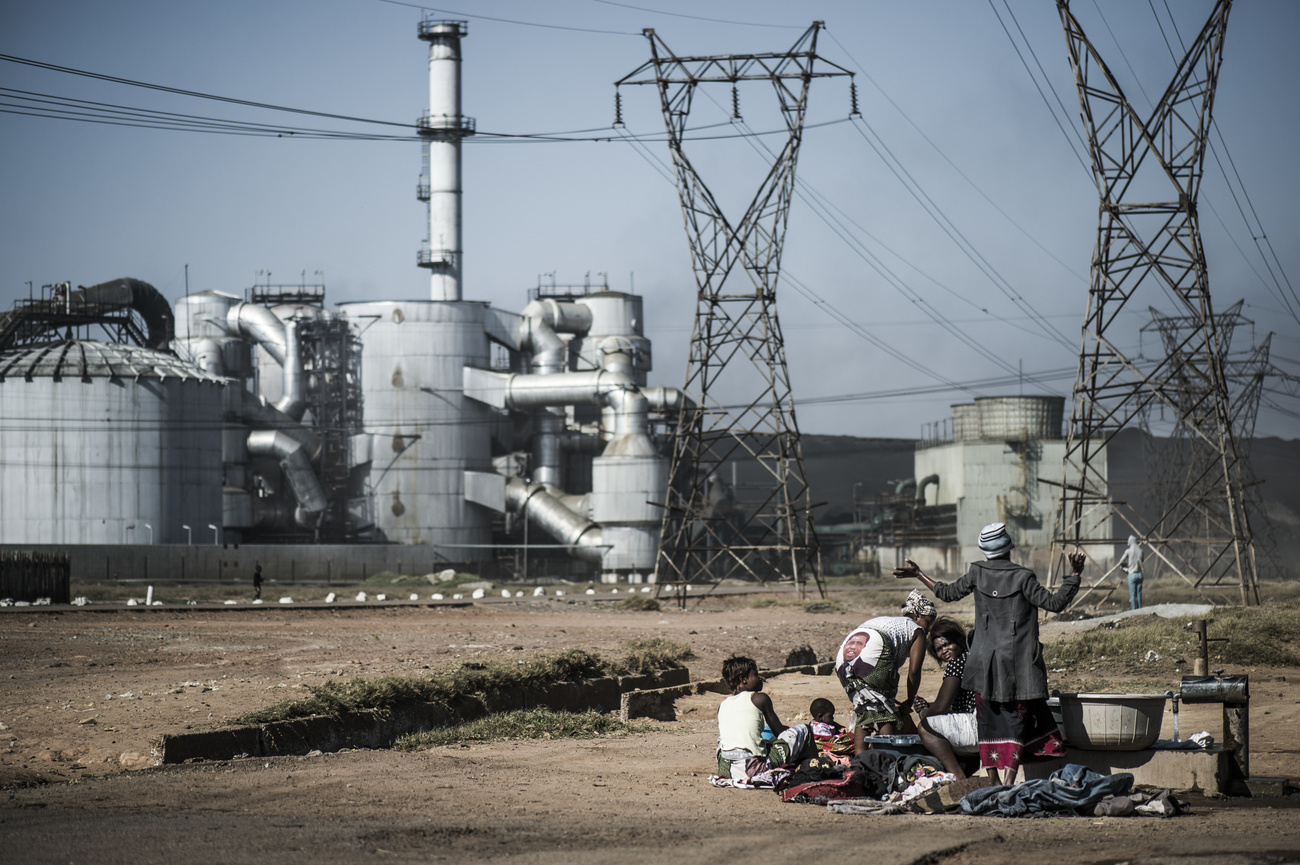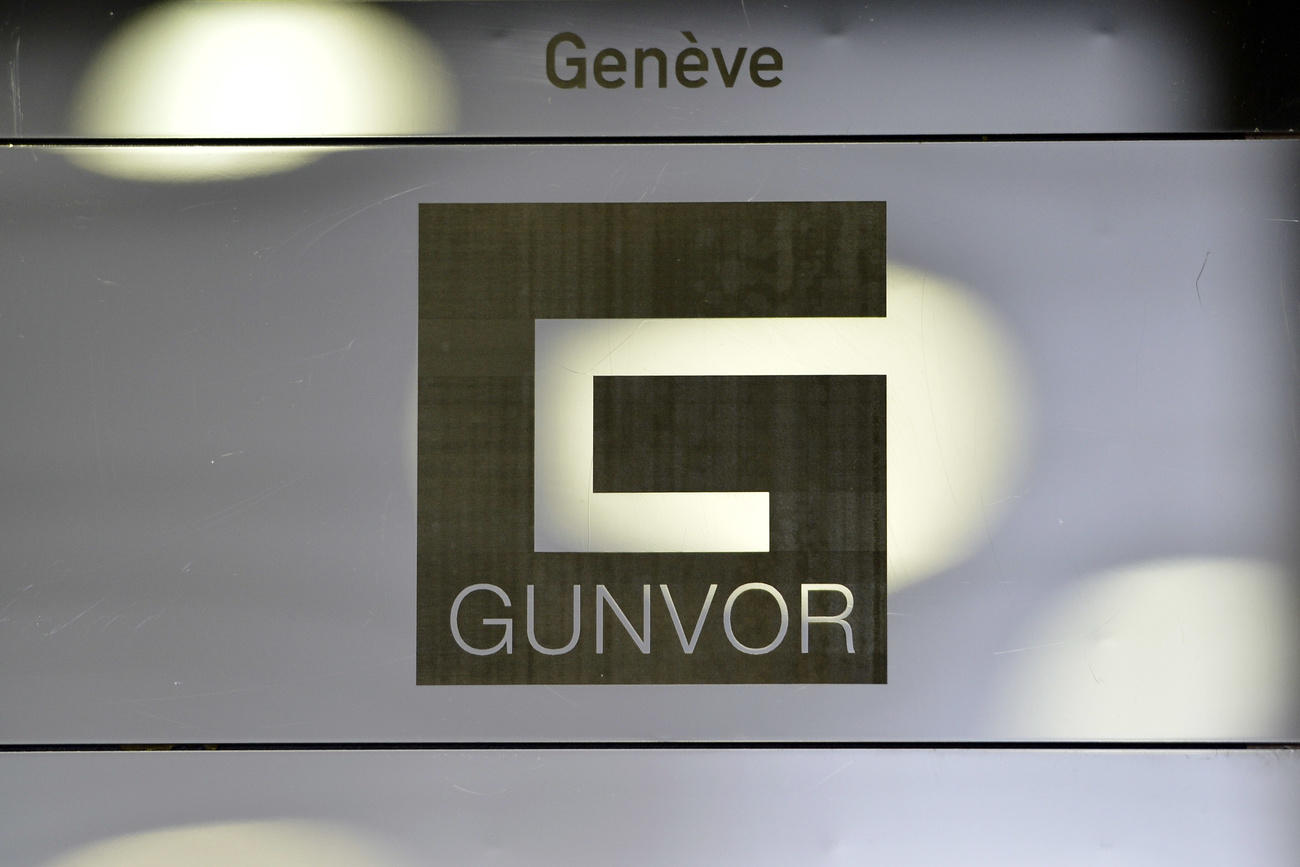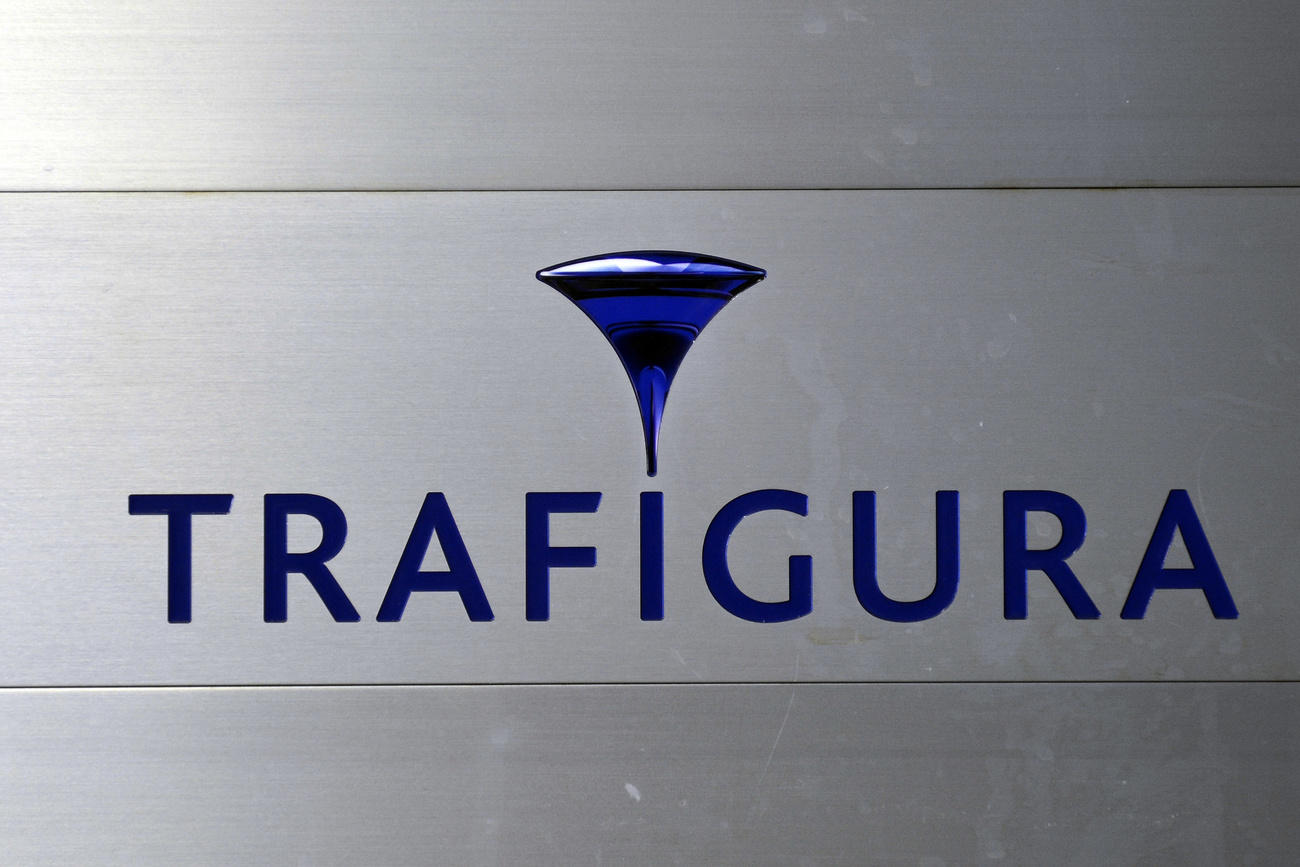Anti-corruption NGO slams ‘weak’ Swiss corporate crime laws

Too few Swiss companies are made to answer for corruption or money laundering offences, exposing gaps in current legislation, says the Swiss chapter of campaigning NGO Transparency International.
The law was changed in Switzerland in 2003 to make firms criminally liable if they fail to take reasonable steps to prevent serious crimes. A new report from Transparency International (TI) SwitzerlandExternal link reveals that despite frequent scandals, just eight convictions have been recorded in the past 20 years.
“The shortcomings of criminal liability of companies in Switzerland are numerous and considerable,” said TI Switzerland director Martin Hilti in a statementExternal link on Monday. “Legislators and law enforcement agencies must ensure once and for all that companies are consistently held criminally accountable for misconduct.”
One of the most recent convictions was that of commodities trader Gunvor in 2019. The Office of the Attorney General imposed a CHF94 million ($103 million) sanction on the Geneva-based trader for bribery in the Republic of the Congo and Ivory Coast. This comprised a CHF4 million fine and the forfeit of CHF90 million in illicitly gained profits.
Past academic studies have suggested that around 20% of Swiss companies operating abroad have experienced problems linked to corruption. This is evidence that too few convictions are taking place, says Transparency International.
The NGO complains that a maximum fine of CHF5 million is too low and that behind closed doors court proceedings are too opaque.
Hitli suggests that Switzerland follows the example of Britain and France in defining how companies can blow the whistle on their own crimes without fearing prosecution.
“Without self-denunciation and collaboration from companies, it is difficult to make them accountable for their actions,” he says. “If they know exactly what the procedure is, how long it will last and what to expect, companies would have an interest in fixing the problem. Often they are trapped in the vicious circle of corruption.”
The issue of punishing companies has cropped up regularly in parliament since the 2003 law was adopted. However, all suggestions to beef up laws have so far been rejected.
Federal prosecutors have proposed the practice of “deferred prosecution”, which would allow indictments to be postponed so companies can get their houses in order. But the government has so far not shown much enthusiasm for the idea.

In compliance with the JTI standards
More: SWI swissinfo.ch certified by the Journalism Trust Initiative






You can find an overview of ongoing debates with our journalists here. Please join us!
If you want to start a conversation about a topic raised in this article or want to report factual errors, email us at english@swissinfo.ch.